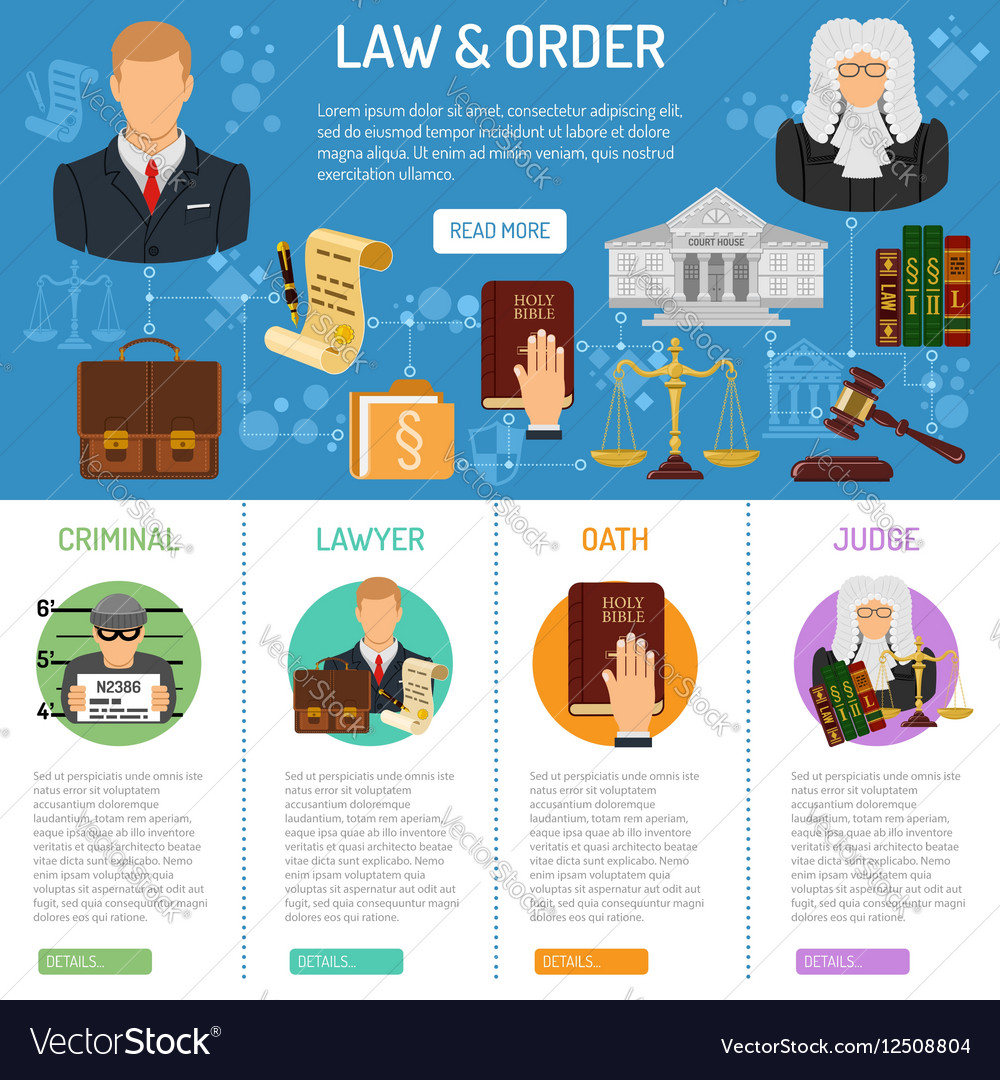Typical Myths Concerning Criminal Protection: Debunking Misconceptions
Typical Myths Concerning Criminal Protection: Debunking Misconceptions
Blog Article
Content Created By-Black Harrell
You've probably listened to the myth that if you're charged with a criminal activity, you need to be guilty, or that remaining silent methods you're hiding something. These widespread ideas not just misshape public understanding but can likewise influence the end results of lawful process. It's important to peel off back the layers of false impression to understand the true nature of criminal defense and the civil liberties it secures. Suppose you recognized that these myths could be taking down the very foundations of justice? Join the discussion and discover just how exposing these misconceptions is crucial for guaranteeing fairness in our legal system.
Myth: All Accuseds Are Guilty
Often, people erroneously think that if someone is charged with a criminal offense, they must be guilty. You could assume that the lawful system is foolproof, yet that's far from the reality. Costs can originate from misconceptions, incorrect identities, or inadequate proof. It's critical to remember that in the eyes of the law, you're innocent up until tried and tested guilty.
This anticipation of innocence is the bedrock of the criminal justice system. It ensures that the burden of proof lies with the prosecution, not you. They should develop beyond a sensible uncertainty that you devoted the criminal activity. This high common secures people from wrongful sentences, ensuring that no one is penalized based on assumptions or weak proof.
Additionally, being billed does not suggest the end of the roadway for you. You deserve to defend yourself in court. This is where a proficient defense attorney enters play. Click Link can test the prosecution's situation, present counter-evidence, and advocate on your behalf.
The complexity of lawful process often needs expert navigating to guard your rights and achieve a fair result.
Myth: Silence Equals Admission
Several think that if you select to stay quiet when accused of a criminal offense, you're basically admitting guilt. However, this couldn't be even more from the reality. Your right to stay silent is shielded under the Fifth Change to stay clear of self-incrimination. It's a legal protect, not a sign of sense of guilt.
When you're silent, you're in fact exercising an essential right. This prevents you from stating something that may inadvertently harm your protection. Keep in mind, in the heat of the moment, it's very easy to get baffled or talk incorrectly. Law enforcement can analyze your words in methods you didn't plan.
By staying quiet, you give your lawyer the best possibility to protect you effectively, without the issue of misinterpreted declarations.
Moreover, it's the prosecution's work to confirm you're guilty beyond a sensible uncertainty. Your silence can not be made use of as proof of sense of guilt. As a matter of fact, jurors are advised not to translate silence as an admission of sense of guilt.
Myth: Public Protectors Are Ineffective
The false impression that public protectors are inadequate continues, yet it's essential to comprehend their essential role in the justice system. Numerous believe that since public protectors are commonly overwhelmed with instances, they can't offer high quality defense. Nonetheless, this forgets the depth of their commitment and proficiency.
Public defenders are completely certified attorneys that have actually chosen to focus on criminal law. They're as qualified as private attorneys and often a lot more knowledgeable in trial work because of the volume of situations they take care of. You may think they're much less inspired because they don't pick their clients, but in truth, they're deeply committed to the perfects of justice and equality.
It is very important to bear in mind that all legal representatives, whether public or private, face challenges and restrictions. Public defenders typically work with fewer resources and under even more stress. Yet, they continually demonstrate strength and creative thinking in their protection strategies.
Their duty isn't simply a work; it's a goal to make certain that every person, despite earnings, receives a reasonable test.
Verdict
You could believe if someone's charged, they need to be guilty, yet that's not how our system works. Selecting to stay quiet doesn't suggest you're confessing anything; it's simply smart self-defense. And don't undervalue public protectors; they're dedicated specialists dedicated to justice. Remember, everybody is entitled to a reasonable test and knowledgeable depiction-- these are basic rights. Let's shed these misconceptions and see the legal system of what it truly is: a place where justice is looked for, not just punishment dispensed.
